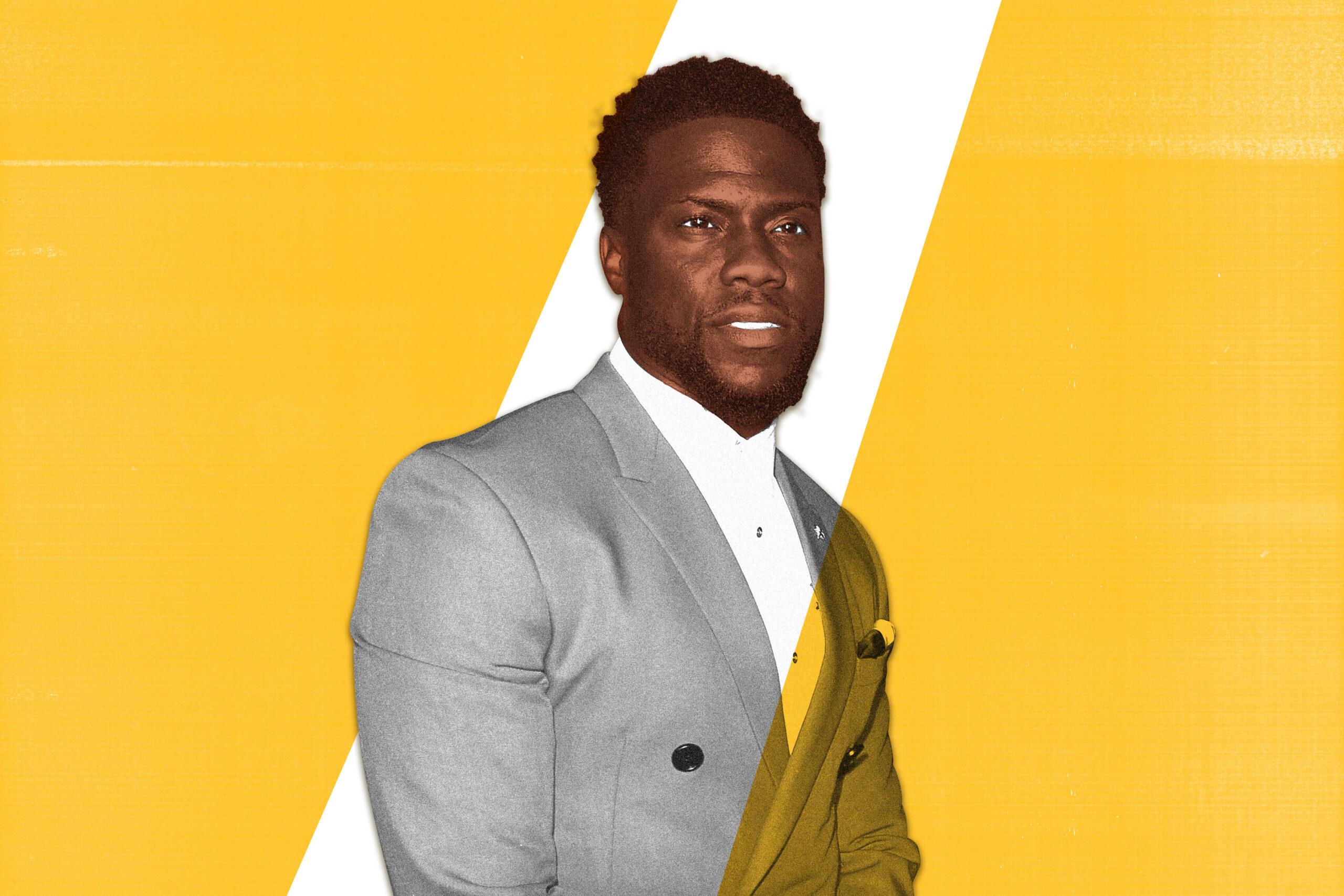
This was supposed to be over by now. After the unfortunate debacle of Kevin Hart’s brief, tumultuous run as Oscar-host-to-be—a debacle that itself could have been prevented by a brief social media search on the Academy’s part—the conversation had already moved on to speculation over who would host in his place, or even whether no one would. After all, Hart’s stated reason for withdrawing from the vaunted gig was to not divert attention from the films and honorees. Wouldn’t reinserting himself into the conversation be doing just that?
And yet Hart appeared on Ellen DeGeneres’s talk show Friday morning in an effort to do just that. The PR advantages and symbolism of the interview were clear enough. Even if Hart doesn’t host the Oscars, he’s still a busy and successful entertainer with plenty of projects to promote. Projects whose producers and studio heads would like to proceed without a cloud of scandal looming overhead. Projects like The Upside, the feel-good movie in which Hart costars with Bryan Cranston and Nicole Kidman, and which goes into wide release just next week.
In general, there’s no better woman for the job of clearing up scandal than DeGeneres, the friendly, uncontroversial face of daytime television and two separate Oscars ceremonies. But given that Hart was specifically criticized over, and chose to quit rather than reiterate his remorse for, anti-LGBTQ jokes and statements from decade-old stand-up material as well as his Twitter feed, turning to Ellen for absolution takes on an added significance. Ellen is arguably the most widely known gay person in America, a credential that, Hart presumably hoped, gives her full-throated defense of him some extra weight.
The resulting interview, portions of which are now available on Ellen’s website, is as remarkable as it is confounding. Rather than position the conversation as a book-closing, what-we-learned retrospective on Hart’s experience, Ellen instead makes an explicit call for Hart to ignore the “haters” and for the Academy to rehire him as host, ripping open the Pandora’s box of Hart’s employability rather than wrapping it up with a bow. As for Hart, rather than display contrition or remorse, the comedian continued to walk the awkward line that left him without the job in the first place, half-apologizing while also insisting he shouldn’t have to apologize, because he already did years ago.
As with the original controversy in December, this line of thinking has the disconcerting effect of centering Hart’s experience over the queer people he once targeted. Hart even escalated this widely criticized rhetoric on Ellen’s show, characterizing the backlash as “a malicious attack on my character” aimed at the “brand partnerships” and “investment opportunities” that allow him to prosper. Apart from the clichéd insistence that he doesn’t have “a homophobic bone in his body,” actual queer people went largely unmentioned. Hart’s sense of persecution is palpable, down to the unchallenged assertion that the recirculation of his anti-LGBTQ material was a coordinated, bad-faith assault, not an expression of sincere outrage or hurt. The fact that Hart has had to apologize before clearly seems to grate on him; this time, he went so far as to itemize his prior statements to a receptive, nodding DeGeneres. In Hart’s view, an apology is more a slate-cleaning incantation than a sincere expression of remorse for one’s mistakes, easily reiterated if that remorse remains in place.
Stranger still is DeGeneres, who appears almost as incensed as Hart himself. She encourages the self-pity, dismissing his detractors as a vocal minority and urging him, in borderline Trumpian fashion, to stick it to the trolls by picking the job back up. “As a gay person … I am as sensitive to all of that,” she tells Hart. “And you have already expressed that it’s not being educated on the subject” that led to his previous anti-LGBTQ material. The uncomfortable subtext is that if Ellen can forgive Hart, other gay people can, and should, too. Or more likely, that if a visible queer person can forgive Hart, then straight audiences and gatekeepers have permission to start doing so as well. Whatever her reasons for doing so, DeGeneres has made it easier for Hart and his collaborators, whether the Academy, directors, or brands, to go back to business as usual.
DeGeneres’s Hart summit comes on the heels of Relatable, the Netflix stand-up special that offers a rare glimpse at the anger, hurt, and resentment the host still harbors around her coming out, two decades later. On the surface, it’s surprising and disappointing to watch DeGeneres actively smooth over anti-LGBTQ rhetoric so soon after sharing her traumatic experience at the hands of it. But the Hart interview is also a reminder of how DeGeneres became secure enough to finally share that experience: by building a reputation as an affable, welcoming celebrity whisperer, a persona that made her a celebrity in her own right. Their conversation isn’t one between a gay comedian and a straight one working out their differences. It’s between one insulated celebrity and another, bonding over what they have in common.